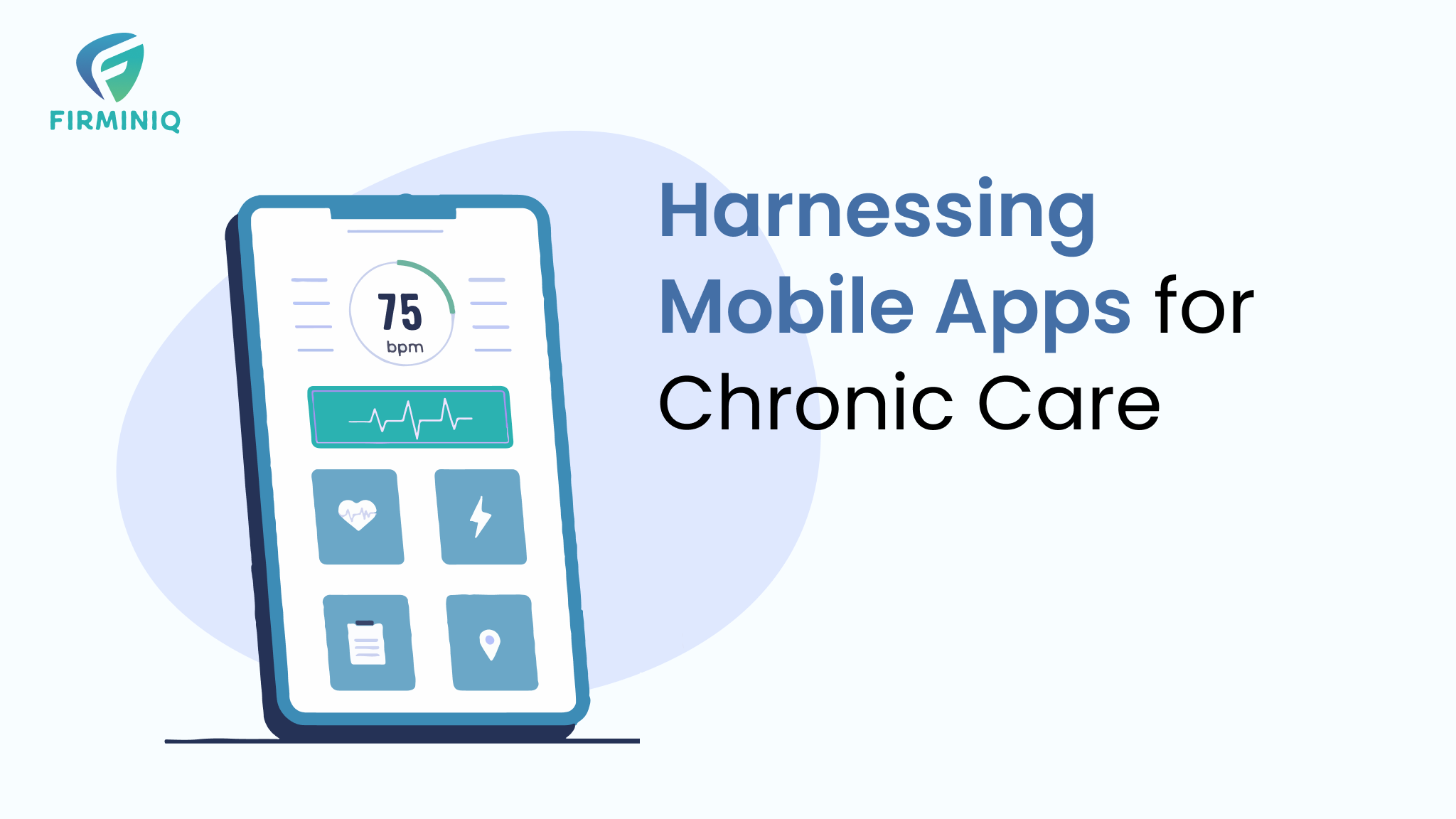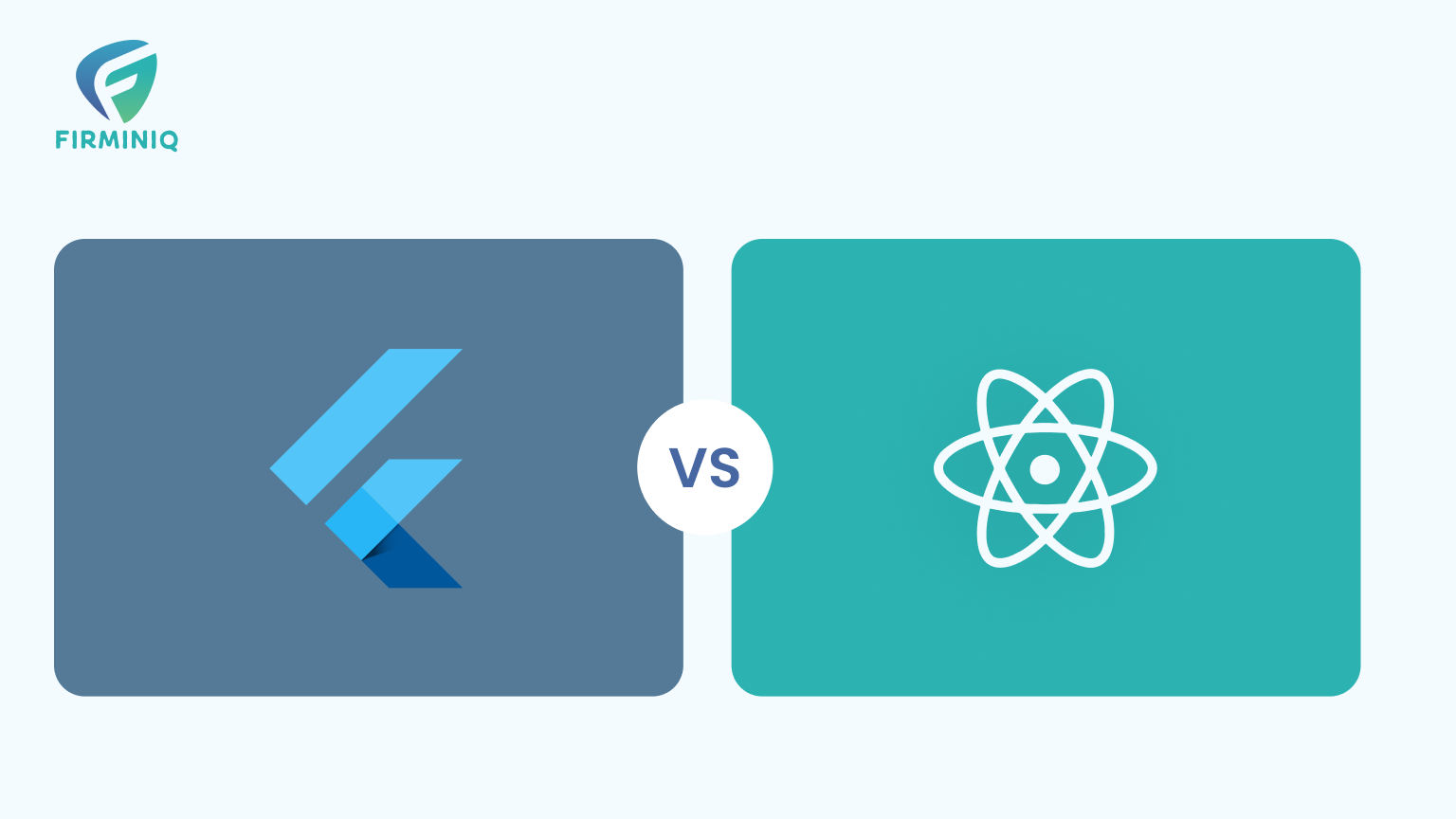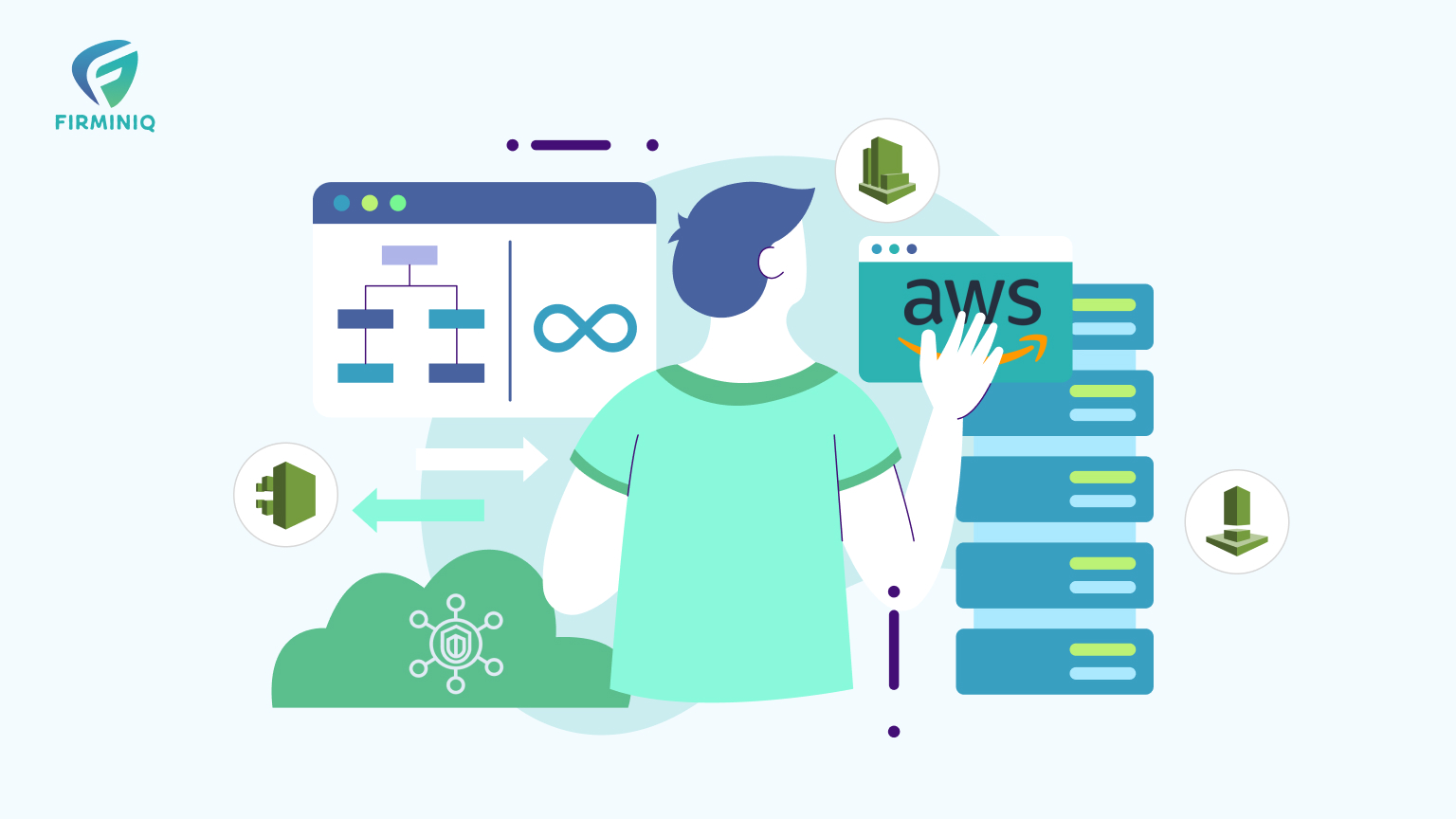In the dynamic landscape of modern healthcare, the fusion of technology and well-being has given rise to a transformative force: connected healthcare mobile apps. As we delve into the intricacies of managing chronic conditions, these apps emerge as powerful allies, reshaping the way we approach long-term health. With the modern healthcare landscape, the fusion of technology and well-being has given rise to a transformative force, that is connected healthcare mobile applications. To manage the intricacies of chronic conditions, these apps emerge as a powerful ally, that is reshaping the traditional long-term approach.
From real-time monitoring to personalized insights, mobile applications have become indispensable tools for individuals navigating the complexities of chronic well-being. Mobile health interventions are categorized for utilization by patients, healthcare providers, health system managers, and data services. It provides an unconventional yet effective approach to clinical practice, aiming to improve patient care quality. It facilitates seamless communication between healthcare providers and patients, boosting patient engagement significantly.
Read the blog, as we unlock the potential of these connected healthcare apps, exploring their impact, and role in reshaping the landscape of chronic disease management.
Benefits of Mobile Applications for Chronic Disease Management
The multifaceted benefits of mobile applications are reshaping the landscape of healthcare management, offering innovative solutions for patients, caregivers, and healthcare professionals. Here are some key advantages of mobile applications in chronic disease management:
1. Offers Personalized Health Monitoring
Healthcare mobile applications have redefined the concept of patient health monitoring. With the intuitive interface, and real-time monitoring via wearable device integration, the apps allow healthcare experts to stay updated with the patient’s condition. The personalized approach empowers patients to engage with their health and offer insightful data to the healthcare professionals to make informed decisions.
2. Enhances Medication Adherence
Most of the mobile applications provide a user-friendly platform for medication management. Through features like medication reminders, dosage tracking, and pill organizers, these apps significantly improve medication adherence. These tools empower individuals to take control of their medication regimens and improve their overall health outcomes with better disease control and reduced risk of complications.
3. Facilitates Remote Patient Care
With wearable devices and other connected health applications, mobile apps can enable real-time monitoring of vital signs and health metrics. These apps leverage telemedicine features, real-time monitoring, secure communication, and collaborative care tools to overcome geographical barriers and enhance the accessibility and effectiveness of healthcare services.
Telemedicine features allow healthcare professionals to conduct virtual consultations, monitor patients remotely, and adjust treatment plans as needed.
4. Promotes Lifestyle Modifications
Lifestyle modifications offer significant benefits for numerous chronic conditions, with mobile apps playing a crucial role in both encouraging and monitoring healthy behaviors.
Features promoting regular exercise, proper nutrition, and stress management empower individuals to make sustainable lifestyle changes. Personalized tips and goal-setting features provide the necessary motivation for individuals to adopt and maintain healthier lifestyles.
5. Data-Driven Decision Making
The collection of real-time health data through mobile applications creates a valuable repository for healthcare professionals. Data analytics tools identify patterns, trends, and potential issues, enabling proactive interventions and personalized treatment plans based on individual health metrics. Data-driven decision-making enhances the precision and efficacy of chronic disease management.
Discover how we helped one of our clients with chronic health management that resulted in improved decision making.
6. Emergency Response Planning
For individuals with chronic conditions at higher risk of emergencies, mobile apps can assist in developing and implementing emergency response plans. Individuals can access their emergency plans, medical information, and communication tools from the convenience of their smartphones. This may include remote monitoring systems that can alert healthcare providers or emergency services in case of critical health events.
7. Community Support
Applications may help foster a sense of community among individuals grappling with chronic conditions. By providing a virtual space for connection and interaction, these apps create supportive communities that extend beyond the traditional healthcare setting. These virtual networks offer a platform for sharing experiences, seeking advice, and providing emotional support.
Conclusion
In conclusion, mobile applications have emerged as one of the most indispensable tools that help in the easy management of chronic conditions, while offering a wide range of benefits that empower individuals and help improve their health outcomes.
Whether it is personalized monitoring or enhanced medication adherence, healthcare applications are reshaping the way chronic conditions are managed. The influence of mobile applications is extending beyond the traditional boundaries of healthcare. Individuals or healthcare professionals can seamlessly embrace the innovations while making chronic disease management easier.
If you are looking forward to building connected healthcare mobile applications that can revolutionize patient care, enhance chronic disease management, and provide innovative solutions for the future of healthcare, do reach out to us today!







